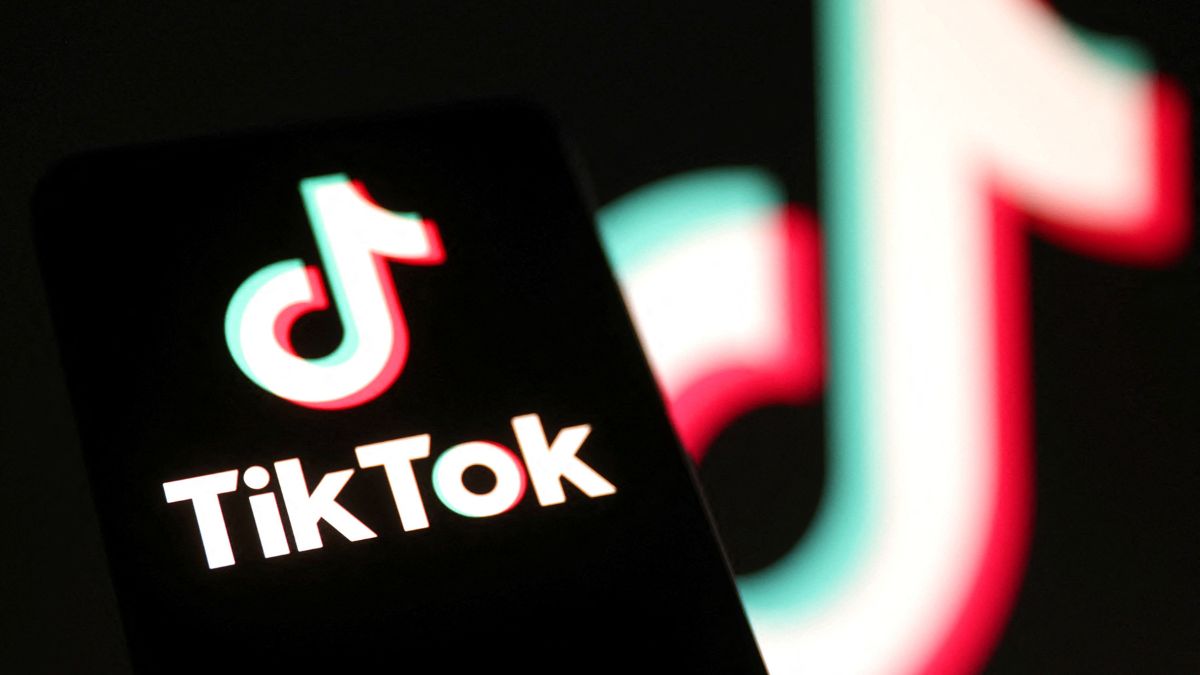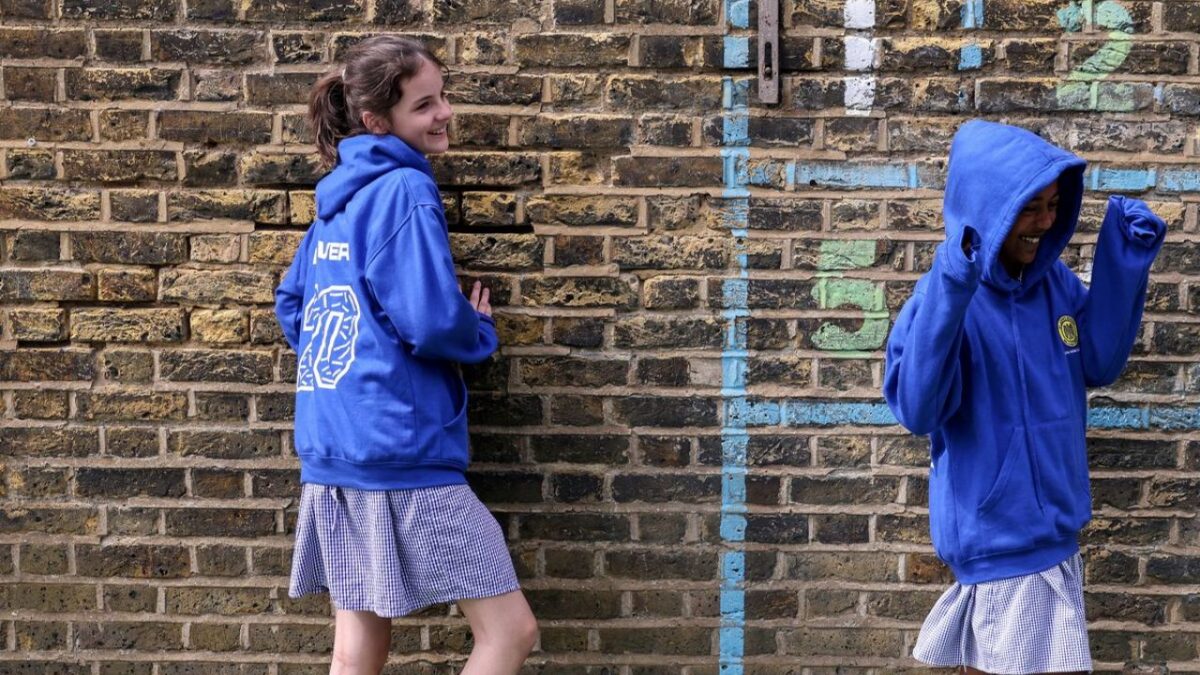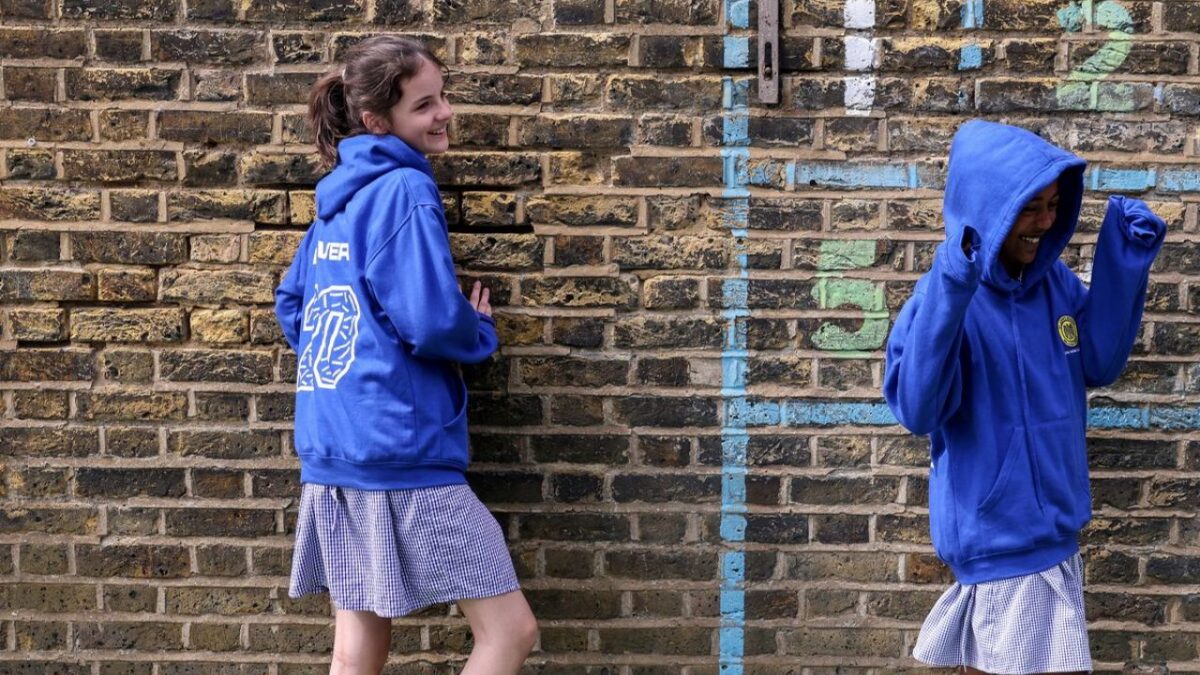It is 2025 and social media platforms are still promoting toxic beauty standards. TikTok has pulled a viral filter that made people look overweight after a massive backlash.
The viral “chubby filter” was criticised by several users and experts warned that it could fuel eating disorders. Such filters that draw attention to a person’s appearance have been called out for setting lofty beauty ideals.
Let’s take a closer look.
TikTok’s ‘chubby filter’
A trend on TikTok went viral where people used artificial intelligence (AI) tools to make their appearances larger or thinner.
People shared their “before and after” images after using the “chubby filter” on the platform with jokes. They shared videos of their changed appearance with captions like “oh no” or “if this doesn’t motivate me to go to the gym I don’t know what will.” Some said they were using it for “scaring” themselves to maintain their current weight.
Whereas, bigger people who used the thinning feature said it was for “motivation.”
‘Chubby filter’ sparks uproar
TikTok’s “chubby filter” opened a barrage of criticism on social media. Experts warned it could foster fatphobia, lead to unhealthy relationships with food and exercise and promote unrealistic beauty standards.
Dr Emma Beckett, a food and nutrition scientist, told BBC she felt the TikTok trend was “a huge step backwards” in terms of weight stigma. “It’s just the same old false stereotypes and tropes about people in larger bodies being lazy and flawed, and something to be desperately avoided,” she said.
Dr Beckett warned the AI filter could have a broad social impact. “The fear of weight gain contributes to eating disorders and body dissatisfaction, it fuels toxic diet culture, making people obsess over food and exercise in unhealthy ways and opening them up to scam products and fad diets.”
Speaking to Australian Broadcasting Corporation (ABC), clinical psychologist Dr Simon Wilksch dubbed the TikTok filter “offensive and disturbing”.
He pointed out that the chubby filter not only brought focus to a person’s appearance but also mocked those with a bigger size. “I could see it causing deep distress to many people,” he said.
Slamming the trend, writer Rebecca Shaw wrote on X, “There’s an amaaazing new trend on TikTok where skinny girls use a filter to become ‘chubby’ and laugh at the results and everyone else laughs and it’s sooooooo funny and we definitely aren’t spiraling back down to pro-ana, death-to-fats era that damages every young woman.”
There’s an amaaazing new trend on TikTok where skinny girls use a filter to become “chubby” and laugh laugh at the results and everyone else laughs and it’s sooooooo funny and we definitely aren’t spiralling back down to pro ana death to fats era that damages every young woman pic.twitter.com/p2SsnmSNTb
— Bec Shaw (@Brocklesnitch) March 17, 2025
Emma, a TikTok user, told BBC that she thought how “damaging” the ‘chubby filter’ would be when she came across it. “People were basically saying they looked disgusting because they were ‘chubby’ and as a curvier woman, who essentially looks like the “after” photo on this filter, it was disheartening for me.”
Fat activist Demi Lynch, who spoke up against the AI filter on her social media platforms, said it propped up the idea that being fat is “bad”. “I feel like it reinforces the notion that being fat is a bad thing and it’s something we should be ashamed of; it’s something that we should fear,” she told ABC News.
“I just hate that it was made into this idea that being fat is such a joke and what’s sad is that the people that were creating these filtered versions of themselves, millions of people around the world have bodies that actually look like those filtered versions of themselves.”
Also Read: In a pickle: Why TikTok is being blamed for a cucumber shortage in Iceland
TikTok removes ‘chubby filter’
After TikTok faced backlash for promoting body shaming, the filter was taken down from the platform. According to the company, the chubby filter was uploaded by CapCut, a video-editing app owned by TikTok’s parent company ByteDance.
A spokesperson from TikTok Australia told ABC News “the AI filter is not available through our app, but they were uploaded to TikTok after being created on another video editing app [CapCut].”
TikTok told CNET it had removed the template from CapCut. However, similar versions of the filter were still available, as per Mashable. The article mentioned that while there were no results if you searched “chubby filter”, users found ways around it with terms like “chunky filter”.
According to CNET, searching for the controversial AI filter displays a disclaimer at the top that reads, “You are more than your weight. If you or someone you know has questions about body image, food, or exercise — it is important to know that help is out there and you are not alone. If you feel comfortable, you can confide in someone you trust or check out the resources below. Please remember to take care of yourselves and each other.”
Speaking to BBC, TikTok said it was reviewing videos that used the AI filter and were uploaded to the app. It added it was making them ineligible for recommendation and blocking them from teen accounts.
How harmful are such filters?
Filters have become a common feature of social media apps. From adding a sepia tone to your photo to turning yourself into a dog, AI is widely used by users to change their appearance for fun.
However, filters like “chubby”, “skinny,” and “perfect face” could damage someone’s mental health, especially young people.
Research has found that social media harms teen body image.
“Young women are not only comparing their appearance to perfect images of celebrities and peers but also judging themselves against their filtered selfies,” psychology professor Tara Well wrote for Psychology Today in 2023. “This constant comparison can be a source of great suffering and erode one’s positive body image and self-esteem.”
Social media is not just affecting young women’s mental health. Boys are also feeling the pressure to look a certain way with “gym bro” culture taking over the internet.
Filters like ‘chubby’ only make things worse by fat shaming and reinforcing harmful beauty ideals.
With inputs from agencies


)
)
)
)
)
)
)
)
)



